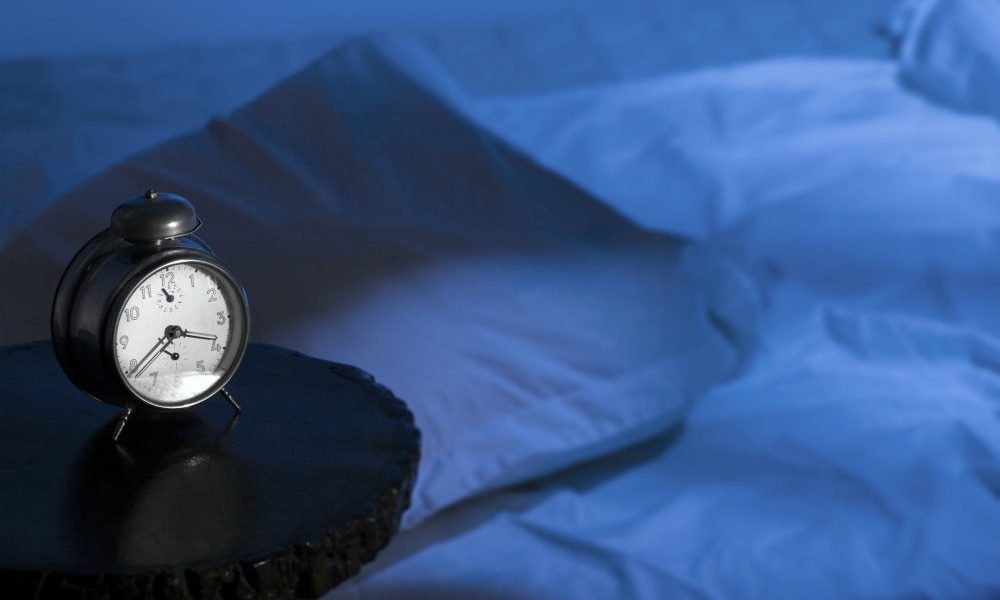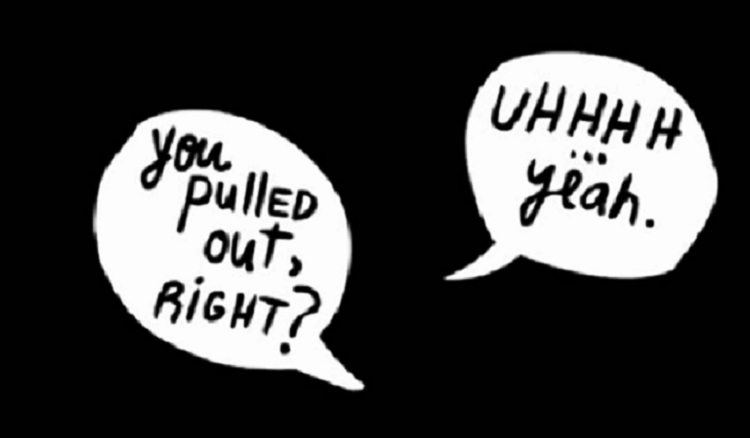Sleep is an everyday part of our lives, but its importance to our overall health and well-being has been overlooked until the past century during which extensive scientific research began on the benefits and properties of sleep. As college students rapidly approach finals season, sleep is starting to feel like a long lost friend slipping away. But what exactly is sleep? How much do we need? Why am I always tired?
Studies have shown that young adults need 9 hours and adults need approximately 8 hours of sleep a day. Leading theories are that sleep is required to consolidate memories and regulate hormones. Moreover, studies show that sleep is just as important to our bodies as eating.
Short term sleep deprivation materializes as fatigue, irritability, and fuzzy-headedness. In fact, after about 22 hours of staying awake, a person is as impaired cognitively as someone who is legally drunk. The analogy with alcohol goes much deeper than this. Researchers have gone on to compare the impairment of drinking versus sleep deprivation on driving performance and statistics show drowsy driving kills more people than both drugs and alcohol combined.
To add to the problem, even after sleeping an equivalent number of extra hours after pulling an all-nighter, sleep is not necessarily instantly repaid. Even interrupting the natural course of sleep and waking up in the wrong stage of rest can cause symptoms of tiredness. During sleep the brain transitions through the five stages of sleep: non-REM stages 1, 2, 3, 4 and REM, also known as dream sleep. A night of sleep usually cycles through five 90 minute sleep cycles—typically NREM sleep in the beginning of the night and REM sleep during the second part of the night. The chronic accumulation of lack of sleep is defined as sleep debt. Long term sleep deprivation can have serious health effects, including impaired immune function, obesity, diabetes, cancer, stroke and heart disease. Studies conducted on shift workers, night-shift nurses, young doctors, air traffic controllers and astronauts have shown that sleep deprivation slow psychomotor abilities and impair judgement.
Initial repayment of sleep debt may be conducted by sleeping without setting your alarm clock. Allow your body to naturally wake up when it feels ready—be prepared to sleep for over 10 hours at a time though. As sleep debt is slowly repaid, the body will gradually require less and less sleep; however, this may take weeks to achieve, based on the amount of sleep debt that has accumulated. Interestingly, cultures untouched by modernity practiced similar sleep habits in which people slept until they naturally woke up; it wasn’t until the industrial revolution that artificially using alarm clocks to end sleep became commonplace.
Common misconceptions are that sleeping pills and alcohol help a person to fall asleep, but they merely serve to sedate the body into a non-conscious state which lacks all of the real benefits of natural, restful sleep. Thus, sleep is not the same as sedation. Moreover, the different types of sleep account for its different benefits in terms of memory consolidation. For example, the consolidation of procedural memories including those of motor skills occur during stage 2 NREM sleep as well as during the last two hours of sleep. On the other hand, declarative facts are often consolidated within the first two hours of sleep; however, it is essential that 24 hours after learning declarative information that sufficient sleep is acquired—the benefits of this immediate consolidation cannot be regained later in the week.
In terms of immune function, total sleep deprivation experiments on rats eventually lead to death as a result of their compromised immune systems which allowed for normally beneficial gut bacteria to kill the rats. Similar studies show that even vaccinations are rendered ineffective when given to sleep-deprived humans with only 4 hours of sleep each night during the week before receiving the vaccines; this is also due to a weakened immune system which cannot create the necessary antibodies in response to the vaccine.
A world-record breaking attempt for staying awake for the longest period time was attempted by Peter Tripp in 1959. While scientists and doctors were present to record and oversee the eight-day undertaking, Peter Tripp ultimately walked away from his endeavor with permanent long-term mental damage.
Sleep is an integral part of our day and we cannot function without it. Physicians for Human Rights describes the effect of sleep deprivation when used as a torture tactic on prisoners of war: “Sleeplessness befogs the reason, undermines the will, and the human being ceases to be himself, to be his own.” The next time you have the opportunity to close your eyes and rest your mind, remember to cherish the treasure that is sleep.
Article by Justin Chow
Feature Image Source: CDC
























